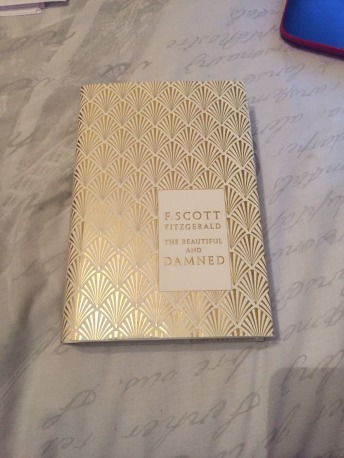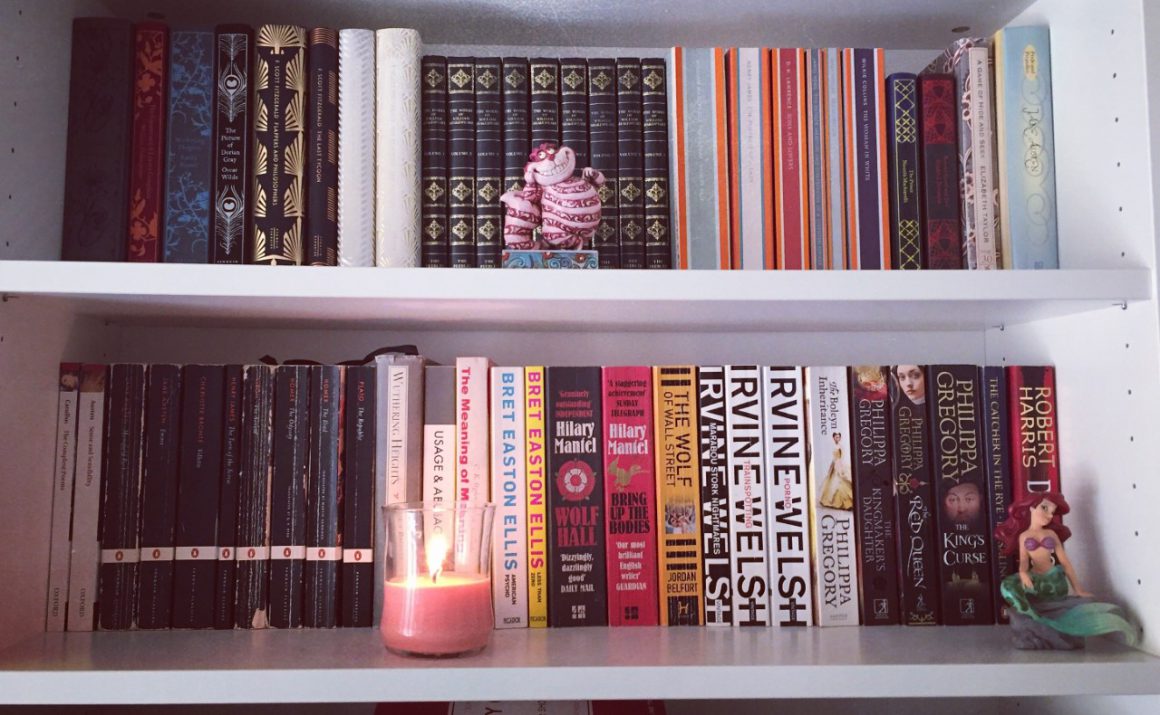I really do think Scott Fitzgerald is an underrated writer; yes, I know how stupid that sounds because he has become so renowned, sadly this renown came after his untimely death. The vast majority of his renown came from The Great Gatsby, which I do completely adore, but in my opinion he has a vast array of work which is not given the consideration that it deserves. He wrote five novels (one of which is sadly incomplete), more than 150 short stories, 25 poems, one play, and numerous essays.
I can’t claim to have read all of these, but I am (slowly, due to uni and work commitments) making my way through them. Fitzgerald is memorable for his critiques, and they are often ruthless. You do not need to be Northrop Frye to realise that The Great Gatsby acts as a critique of the American Dream; this is not to say that I am limiting it solely to this particular interpretation, but it is by far the most obvious one. I want to talk about, what I believe, is his most scathing critique, which is overlooked by many critics and even those who are fans of Fitzgerald.
His second novel, The Beautiful and Damned, was released in 1922, it sold reasonably well but there were many critics who felt that it was too pessimistic. This is the novel that I am going to focus on, as being (of what I have read so far) one which people really should start to consider. The protagonist, Anthony Patch, is weak, of average intelligence- but he certainly believes himself to be of a much superior intellect- and generally quite intolerable. There is no point in the novel where I feel any sympathy for him, ever. While his wife Gloria sulks and simpers through the novel, only really breaking this cycle when she is considering her own beauty.
I will always be of the opinion that the protagonists do not need to be likable for a book to be good. The novel is so good, because Fitzgerald makes this morally ugly couple and their quest for inheritance, sound so beautiful. No one can write like Fitzgerald, there is something so much more real about the words on the page when he puts them there. He shows people exactly what they want to ignore, but because he is such a talented writer, this does not make for a bad reading experience.
Despite not being all that well known, the limited attention that The Beautiful and Damned has received, is because of one fact- that it draws upon the real lives of Scott and Zelda Fitzgerald. The thing with that, the same with any book where the author draws heavily on their own experience, is that people try to force every aspect of the characters onto real life. Well, it doesn’t really work like that. Anthony and Gloria represent types of people just as much as they represent two people. Fitzgerald drew (a lot) on his marriage when writing this novel, but it is by no means an autobiography.
Fitzgerald, like Anthony, did descend into alcoholism, and it eventually killed him. Despite that, you have only to do your research on Fitzgerald to know that there are major differences. Anthony toys superficially with the idea of writing a book, Fitzgerald was different. I was always struck by how effortless he sounds, effortlessly beautiful. In reality Fitzgerald agonised over every word that he put on the page. He would draw up countless drafts, and despaired if it didn’t sound just right. His determination is something not a lot of people can hope to equal, least of all Anthony Patch. Plus, the Fitzgerald’s had more intelligence in their toenail clippings than the Patch’s could ever hope to have between them.
Many of Fitzgerald’s novels deal with disillusionment, The Beautiful and Damned deals with outright decay. Perhaps the novel will receive more attention in the next few years; it has recently been announced that there will be an adaptation, starring Scarlett Johansson. Along with this is the upcoming release of some of Fitzgerald’s unreleased short stories (April next year) in a collection titled I’d Die for You. I hope that these big events will help to bring other works by Fitzgerald into the limelight, because he is an author who still has a lot to offer, which is no mean feat for a man who has been dead more than 75 years. 
